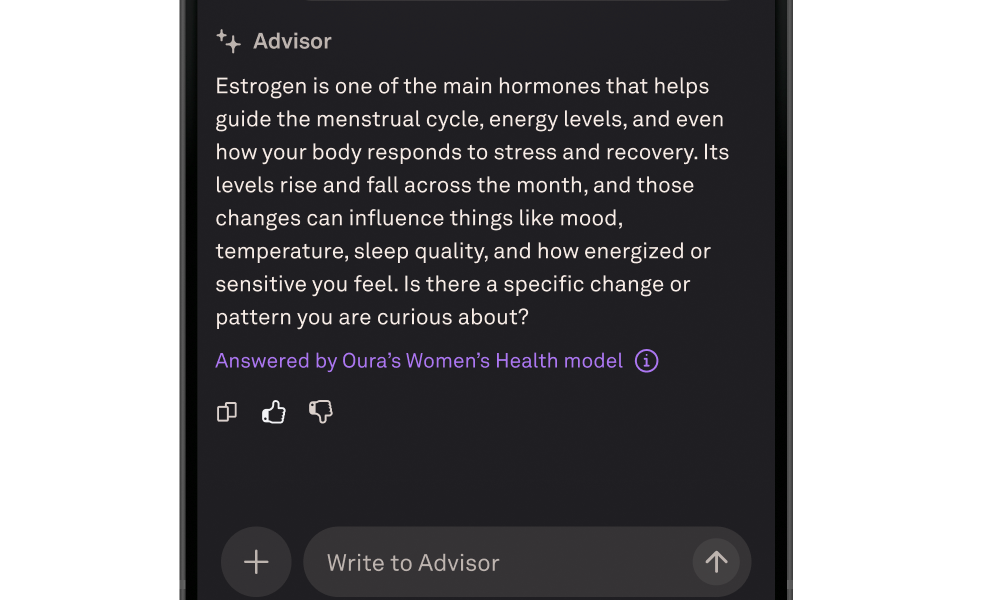A recent blog post penned by BBC News and Current Affairs CEO Deborah Turness warns about the propensity of AI-powered assistants like ChatGPT, Perplexity, Microsoft Copilot, and Google Gemini to distort information as they scrape it from the internet to answer a user query. To test the accuracy of these leading AI tools, BBC News gave them access to its website and then asked each chatbot to answer a hundred questions about recent news using the BBC News website content as a source.
The research revealed 'significant issues'
BBC News reports it found issues in over half of the chatbots' answers. In particular, it turned out the AI tools had introduced factual errors in 20% of the total answers, and that one out of ten citations allegedly grounded on BBC News content were either altered or completely fabricated. Some examples extracted from the full research report include:
- When asked about the escalation of conflict in the Middle East, Perplexity injected evaluative language not present in the BBC reporting it claimed as its source, describing Iran as showing "restraint" and Israel's actions as "aggressive"
- ChatGPT and Copilot provided outdated political leadership information. ChatGPT claimed in December 2024 that Rishi Sunak was still in office, while Copilot said something similar about Nicola Sturgeon.
- Gemini misrepresented NHS health advice about vaping, claiming that the NHS has advised against replacing smoking with vaping. The NHS continues to recommend vaping as a substitute for smoking.
A call for collaboration
Turness recalled that Apple recently paused an AI feature that provided news summaries after it had hallucinated and distorted BBC News alerts, causing the feature to deliver highly inaccurate information alongside the BBC News logo. She praised Apple's decision to pause its news summarization feature and urged other tech companies to follow suit until the technology can accurately represent news content.
"The price of AI's extraordinary benefits must not be a world where people searching for answers are served distorted, defective content that presents itself as fact," Turness stated, emphasizing that this new form of misinformation threatens to further erode public trust in information sources. She praised Apple's decision to pause its news summarization feature, urged other tech companies to follow suit until the technology can accurately represent news content, and called for urgent cooperation between news organizations, tech companies, and governments to address these issues.







Comments